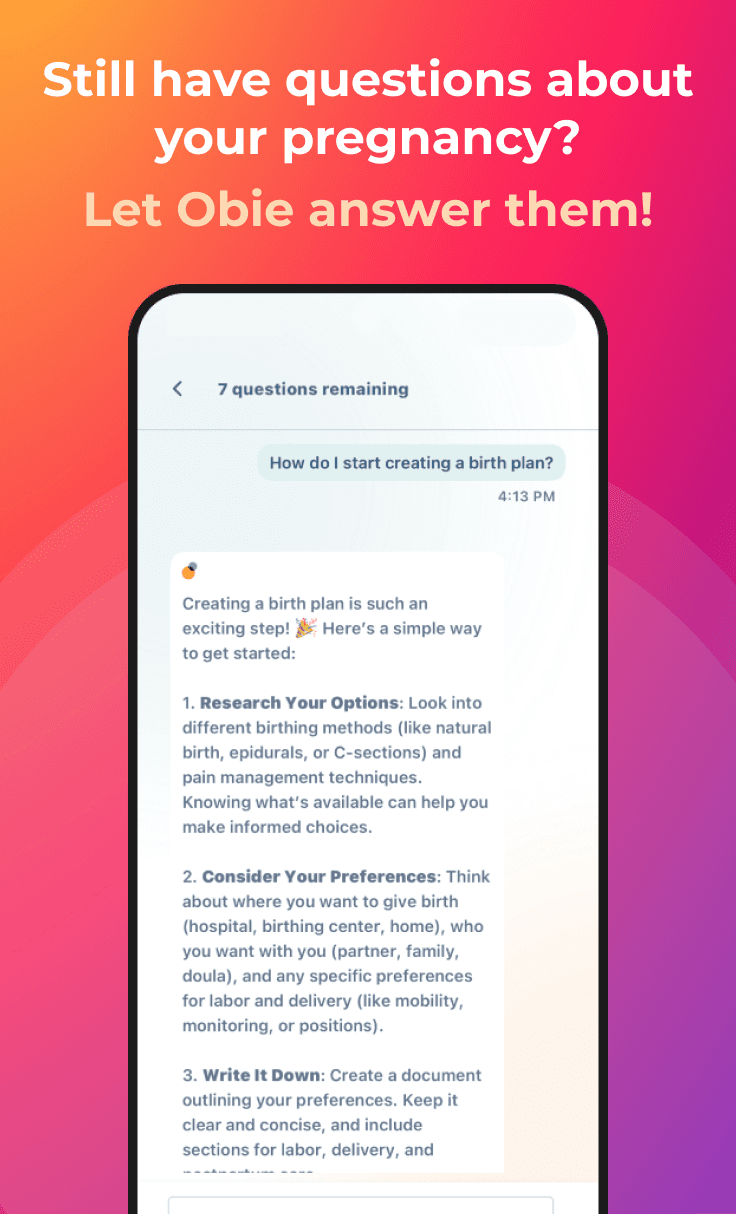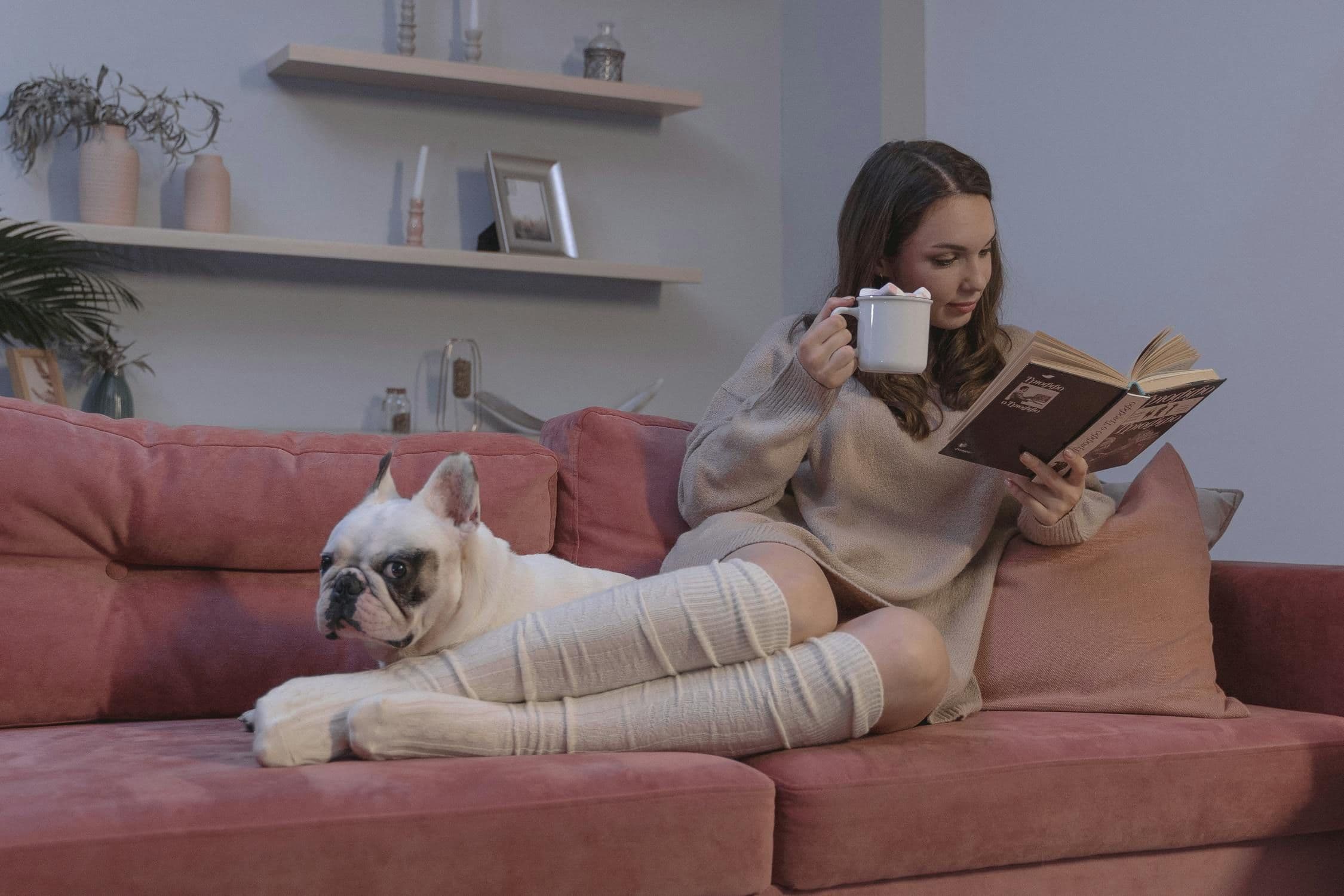Hemorrhoids in Pregnancy
Pregnancy
Obie Editorial Team
Many of my patients experience hemorrhoids in pregnancy. They can be very uncomfortable and painful, but usually do not lead to any specific pregnancy complications.
Hemorrhoids are enlarged varicose blood vessels, veins that have become unusually swollen and can protrude through the anus, the rectal area. When this happens, you'll feel a soft, swollen mass. Hemorrhoids typically range from the size of a raisin to the size of a grape or even bigger. They can be merely itchy or downright painful, and sometimes they can even cause rectal bleeding, especially during a bowel movement.
Hemorrhoids are normal in pregnancy and are experienced by many pregnant women. Pregnancy makes you more prone to hemorrhoids, as well as to varicose veins in the legs and sometimes even in the vulva. The good news is that they usually improve after the baby is born.
There are a number of things you can do to prevent and treat hemorrhoids:
Avoid getting constipated. Constipation, another common problem during pregnancy, can also cause or aggravate hemorrhoids. That's because straining may lead to hemorrhoids, and you tend to strain when having a hard bowel movement. If you are constipated, avoid straining during bowel movements.
Hemorrhoids are enlarged varicose blood vessels, veins that have become unusually swollen and can protrude through the anus, the rectal area. When this happens, you'll feel a soft, swollen mass. Hemorrhoids typically range from the size of a raisin to the size of a grape or even bigger. They can be merely itchy or downright painful, and sometimes they can even cause rectal bleeding, especially during a bowel movement.
Hemorrhoids are normal in pregnancy and are experienced by many pregnant women. Pregnancy makes you more prone to hemorrhoids, as well as to varicose veins in the legs and sometimes even in the vulva. The good news is that they usually improve after the baby is born.
There are a number of things you can do to prevent and treat hemorrhoids:
Avoid getting constipated. Constipation, another common problem during pregnancy, can also cause or aggravate hemorrhoids. That's because straining may lead to hemorrhoids, and you tend to strain when having a hard bowel movement. If you are constipated, avoid straining during bowel movements.
Try the following to prevent constipation:
- Eat a high fiber diet
- Drink plenty of fluids
- Eat plenty of fruits and vegetable
- Drink prune juice
- Soak dried prunes overnight and then eat them in the morning
- Do not delay going to the bathroom
- Keep your anal area as clean as possible
- Use pre-moistened wipes (without perfume) to gently clean after a bowel movement. They are usually better tolerated than dry toilet paper
- Avoid standing or sitting for long periods
- Lie on your side when reading or watching TV
- Check with your doctor before taking any medication for hemorrhoids.
Treating Hemorrhoids:
- Take a warm soaking bath with baking soda in the water
- Try an ice pack
- Place baking soda (wet or dry) on the area to reduce itching
- Use witch hazel to reduce swelling or bleeding
- Use Tucks Medicated Pads
- There are some safe topical anesthetic or medicated suppositories









